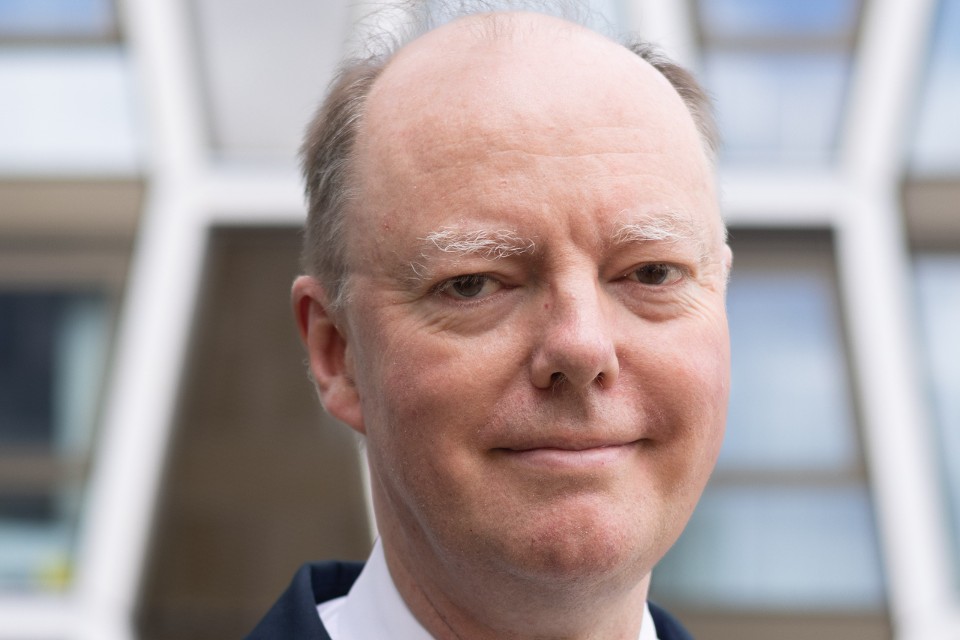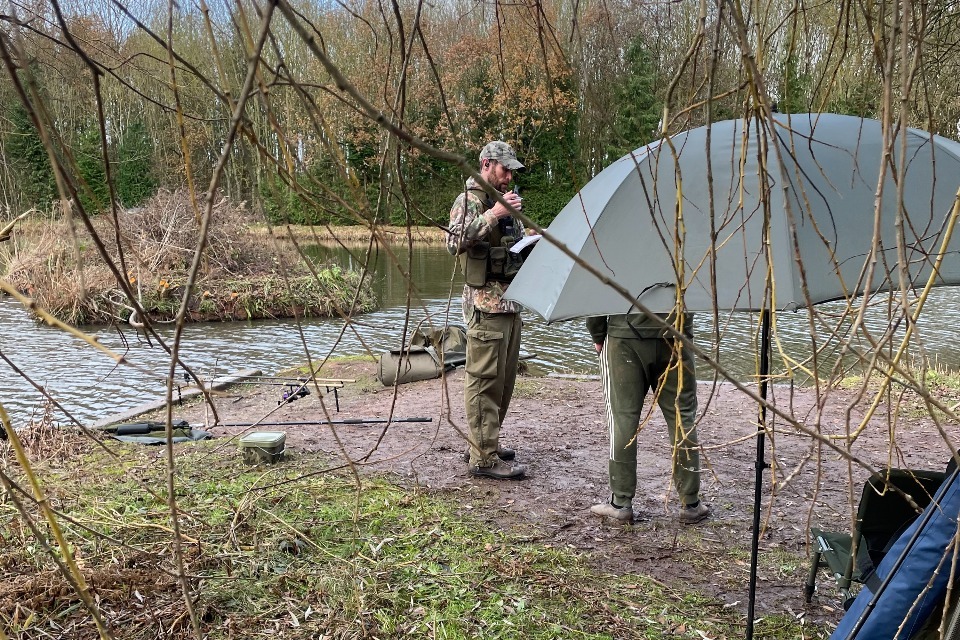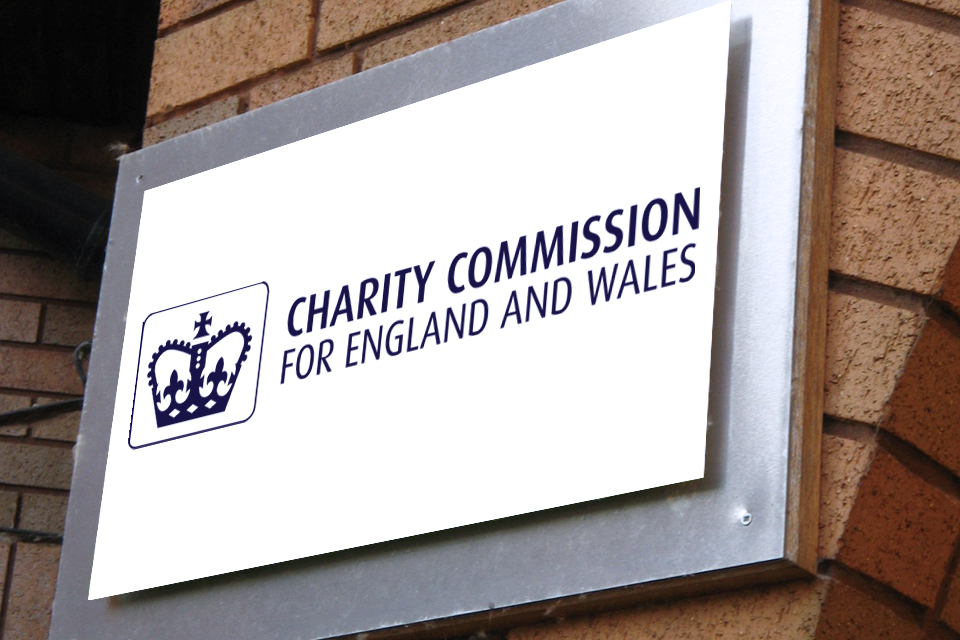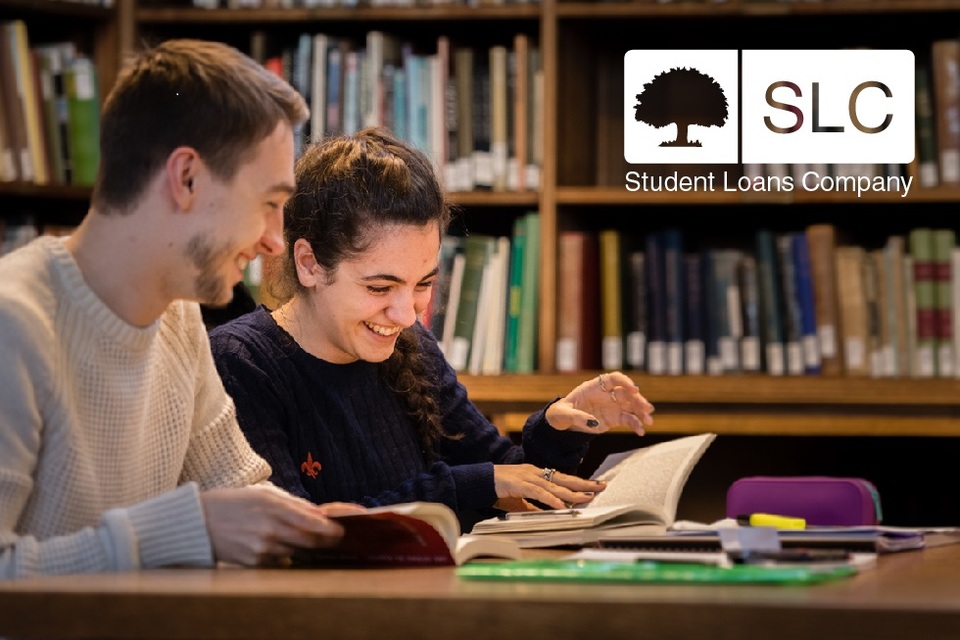No smoker wants to harm other people, but with second-hand smoke they unintentionally do. Despite efforts by the tobacco industry to undermine the evidence on this, it is overwhelming. The risk of getting or accelerating diseases such as cardiovascular disease, lung cancer, and chronic obstructive pulmonary disease (COPD) are significantly increased by second-hand (passive) smoke, including in non-smokers who now make up over 88% of the UK adult population.
Some people are especially vulnerable to tobacco chemicals children, pregnant women, people with common pre-existing but usually invisible health conditions like asthma, diabetes or coronary heart disease. There are now more people with serious medical conditions that can be made worse by second-hand smoke than there are smokers and they do not choose to be exposed to risk from smoke in a public place.
By addicting people at a young age, tobacco companies ensure that millions of people who smoke will suffer substantial health harms throughout their life. These range from stillbirth through to significantly higher rates of dementia, including stroke, heart attacks lung disease and many cancers. Smokers are more likely to need NHS services, be admitted to hospital, drop out of work and need social care years before they otherwise would.
Most smokers wish they had never started, want to quit and should be supported to do so but are find they are trapped, their choice taken away by the addiction deliberately induced in them by the industry at an early age. To prevent this the last government introduced the Tobacco and Vapes Bill to create a smokefree generation in current children, with wide cross-party and public support, and the Bill being introduced builds on that.
Many non-smokers are harmed simply by being near smoking. The health harms are lower than for an active smoker but still substantial. Recognising that, the UK stopped smoking in indoor public spaces 17 years ago. This led to rapid improvements in health including around 1200 fewer heart attack admissions and many fewer asthma admissions in children in the first year alone.
There is no safe level of smoking, but in bringing forward new legislation ministers have considered outdoor public places children, families and medically vulnerable people are most exposed to the risk of second-hand smoke.
Three things particularly predict harm the concentration of smoke; the amount of time being exposed; the vulnerability of the individuals. Although outdoor spaces generally have lower concentrations of the toxic chemicals from tobacco than indoors studies show they can still be significant near or downwind of smoking or in areas like a walled or covered outdoor space. If you can smell smoke, you are inhaling it in appreciable amounts.
Smoke near schools and playgrounds exposes children. Hospitals grounds have very high numbers of medically vulnerable people. This Bill will help protect them from the effects of second-hand smoke.
The Bill will also address the tricks used to make vapes attractive to children. The message on vapes is clear; if you smoke swap to vapes; if you don’t smoke don’t vape; it is utterly unacceptable to market vapes to children. Because smoking is so dangerous, smokers moving to vapes is safer, but best of all is not to smoke or vape.
Anywhere someone can smoke, they should therefore be able to vape as a quit aid but the long-term effects of vaping, including passive vaping, are unknown. If passed the Tobacco and Vapes Bill will ban the advertising and sponsorship of vapes and also allow the government, after consultation, to protect children from marketing techniques vaping companies use to addict them including through bright colours, flavours and cartoons. The government has already moved to ban disposable vapes used by many children.
The tobacco industry drives health inequality, harms the economy through ill health including during the working age and causes a burden on the NHS – far outweighing the tax receipts. Ensuring a smokefree generation, protecting families and vulnerable people from involuntary second-hand smoke and preventing some of the tricks used to market cigarettes and vapes to children will have substantial long-term benefits to the health of the public.






